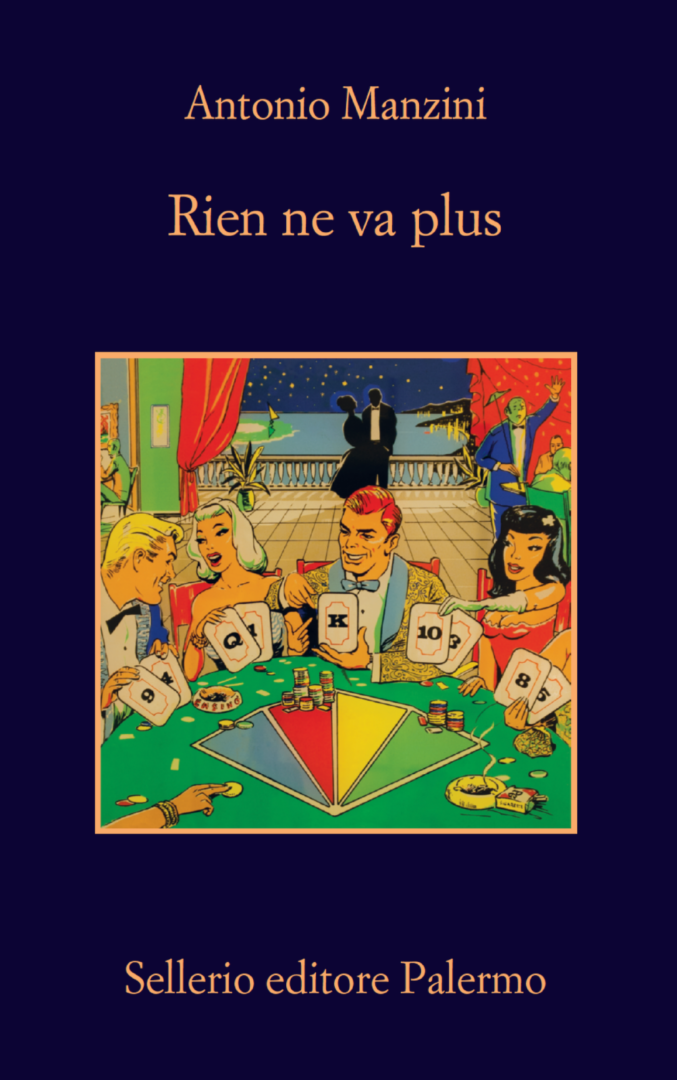Rien ne va plus

A cash van disappears, literally into thin air. It was loaded with nearly three million, the revenues of the Saint-Vincent casino. Statements by one of the guards, left stunned on the ground, set in motion a fairly routine robbery investigation. But there is something in the intuition of Deputy Police Chief Rocco Schiavone-he calls it a "smell"-that doesn't quite fit, something that surprisingly links everything to a previous case that keeps gnawing at him. "He had to start over, the murder of accountant Favre was still waiting for a principal, and maybe there was a detail, a smell that he hadn't perceived." Against the advice of police chiefs and prosecutors who would like to clear the field for a more high-minded investigation, he thus begins to grind clues toward a truth that, as usual in his experience, raises heavy existential questions. His method is far beyond the orthodoxy of a well-combed official, and his life is full of complications and contradictions. Perhaps because of a repressed desire for fatherhood, her relationship with young Gabriel, her lonely neighbor, is increasingly constraining. Lupa "the big puppy" has settled permanently into her day. But the shadows of the past thicken ever more menacingly: the death of the Baiocchi killer, his wife Marina's murderer, and her corpse never found; the precise, verified feeling of being under the lens of the services, for unknown reasons.
It seems that in this novel many knots come to the comb, secrets and mysteries; and indeed, interwoven with the main thread, various stories unfold. So do the personal stories (loves, vices, dreams) that facet all of Rocco's shambling associates in police headquarters. A complexity and richness that give proof that Antonio Manzini projects himself beyond the detective novel, toward a more universal representation of social life and especially psychological and moral life. And so it is that the character Rocco Schiavone, with his twisted way of being passionate, with his way of suffering, of asking for affection, is destined to remain etched in the memory of his readers.